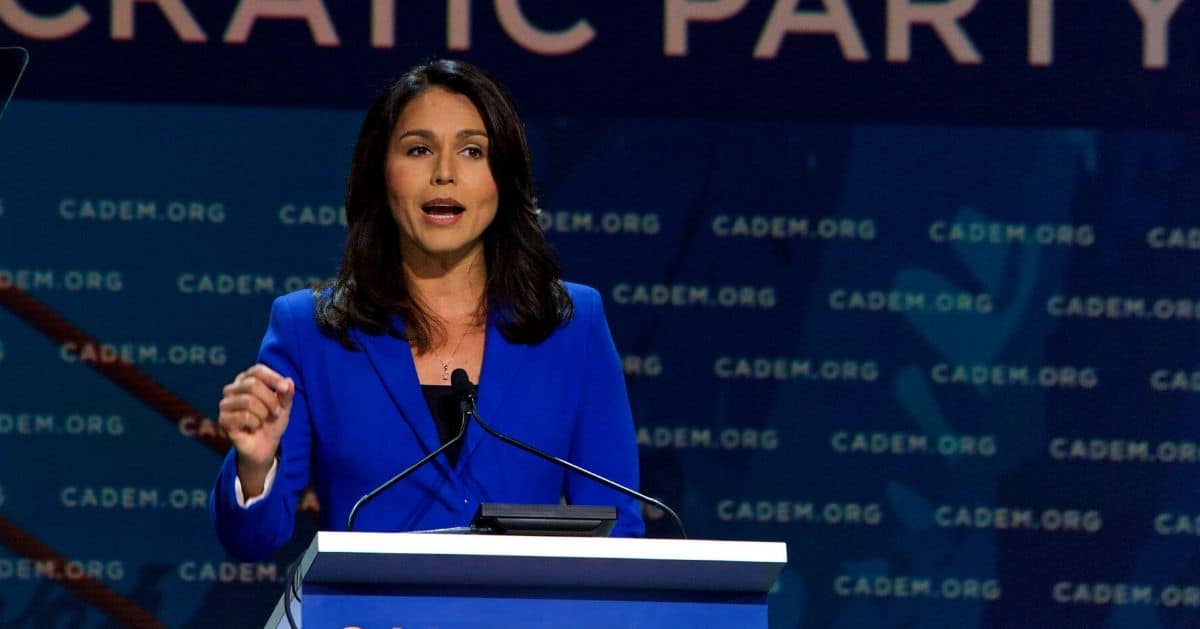






President Donald Trump has dropped a bombshell that’s got everyone from constitutional scholars to backyard patriots buzzing.
Fox News reported that on Friday evening, he took to Truth Social to declare a hardline stance against burning the American flag, promising swift arrests and stiff penalties.
Fox News reported that Trump’s announcement on Friday laid out a policy of immediate arrest and a one-year prison term for anyone desecrating the Stars and Stripes, citing an executive order from late August as the backbone of this directive.
Let’s rewind to August 25, 2025, when Trump signed that executive order, which doesn’t create new laws but pushes the Justice Department to hammer down on flag-burning cases under existing statutes.
It’s a call to action for ICE, Border Patrol, law enforcement, and even the U.S. Military to step up enforcement. The order aims to stretch constitutional limits without snapping them, but that’s where the legal tightrope begins.
Now, here’s the rub: the Supreme Court has already ruled on this twice. Back in 1989 and 1990, landmark cases like Texas v. Johnson and United States v. Eichman made it crystal clear that flag burning is protected speech under the First Amendment. Trump’s latest push could be steering straight into a judicial brick wall if arrests start piling up.
Trump’s history of advocating for tough penalties on flag desecration isn’t new; it’s practically a campaign staple. His recent post doubles down on a law-and-order image, especially amidst a messy government shutdown that’s already fraying nerves.
White House spokeswoman Abigail Jackson defended the move, stating, “President Trump will always protect the First Amendment, while simultaneously implementing commonsense, tough-on-crime policies.”
Flag burning isn’t just a theoretical debate; it’s got a gritty history. On January 20, 2021, members of the Communist Party USA and anti-fascist groups torched the flag on the steps of the Colorado State Capitol in Denver. It was a raw display of dissent that still stings for many who see the flag as sacrosanct.
Fast forward to August 22, 2024, and another incident flared up during a DNC protest in Chicago, Illinois. The act of burning the flag was a lightning rod, drawing both outrage and defense under the banner of free expression. These moments remind us how deeply this issue cuts into the national psyche.
Even on the day Trump’s executive order was signed, a veteran made headlines by burning a flag right in front of the White House.
Talk about a statement—nothing says “I dissent” like setting Old Glory ablaze on the president’s doorstep. It’s a stark image that fuels both sides of this fiery debate.
The Department of Justice hasn’t weighed in yet, despite outreach from media like Fox News Digital. Their silence leaves a vacuum of speculation about how—or if—this order will translate into action. Will prosecutors take up the gauntlet, or will they sidestep a constitutional quagmire?
Trump’s directive is clear in his own words: “You will be immediately arrested.” That’s a no-nonsense line drawn in the sand, but it’s hard not to see it as more symbolic than practical given the legal landscape. One year in prison sounds tough, but getting it to stick might be a taller order than anticipated.
For many Americans, the flag is more than cloth—it’s a symbol of sacrifice and unity. Trump’s stance resonates with those who feel that desecration crosses a sacred line, especially when protests turn chaotic. Yet, there’s a quiet unease about whether this approach risks trampling on the very freedoms the flag represents.
On the flip side, critics argue this executive order is less about protection and more about political theater. With the nation already wrestling with division, does this policy unite or further polarize? It’s a question worth chewing on as legal challenges loom.
Ultimately, Trump’s flag-burning crackdown is a gamble—one that pits national reverence against constitutional bedrock. It’s a fight that’s been brewing for decades, and it's long past time that those committing arson and defaming the nation at the same time face consequences.



